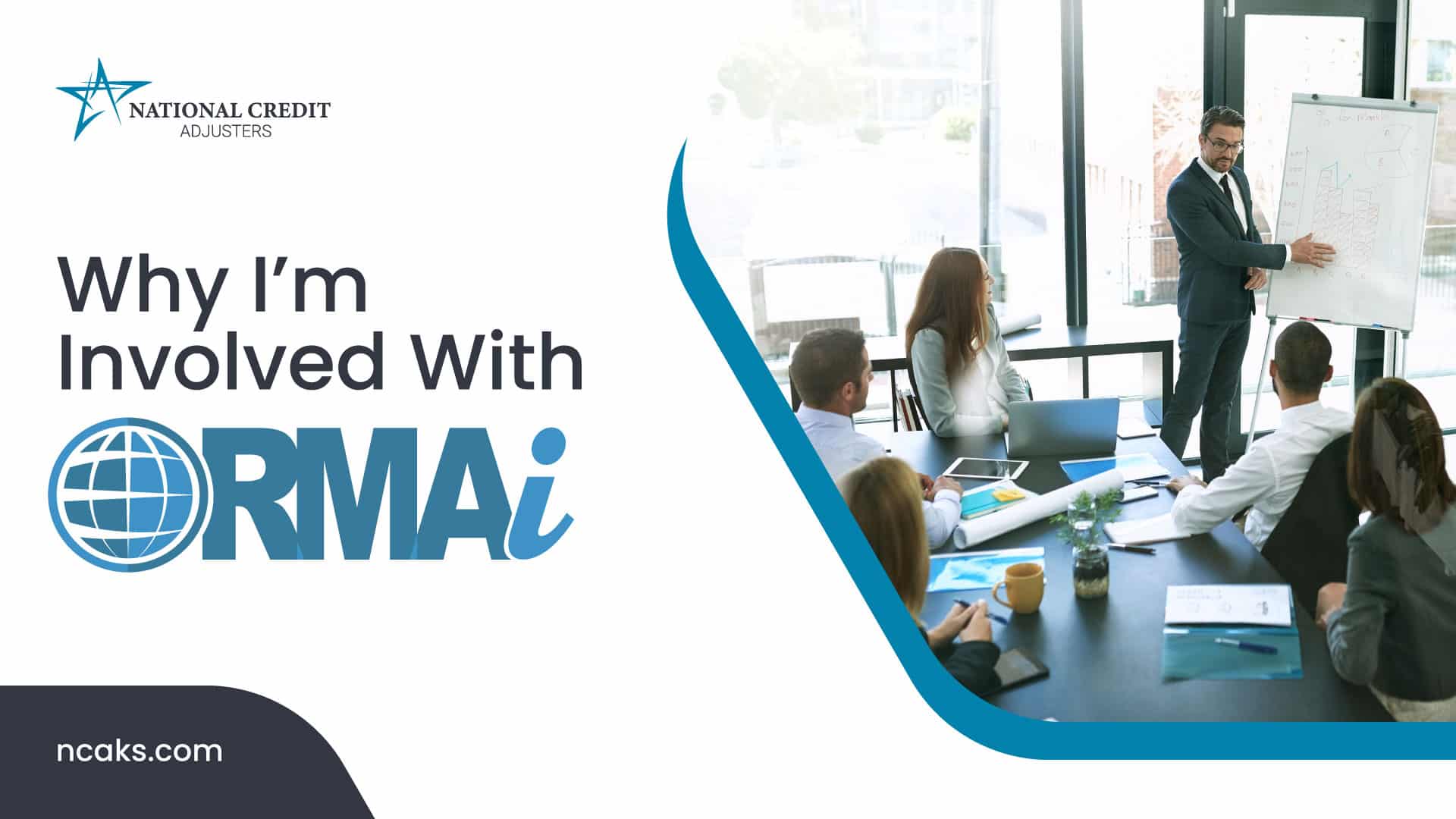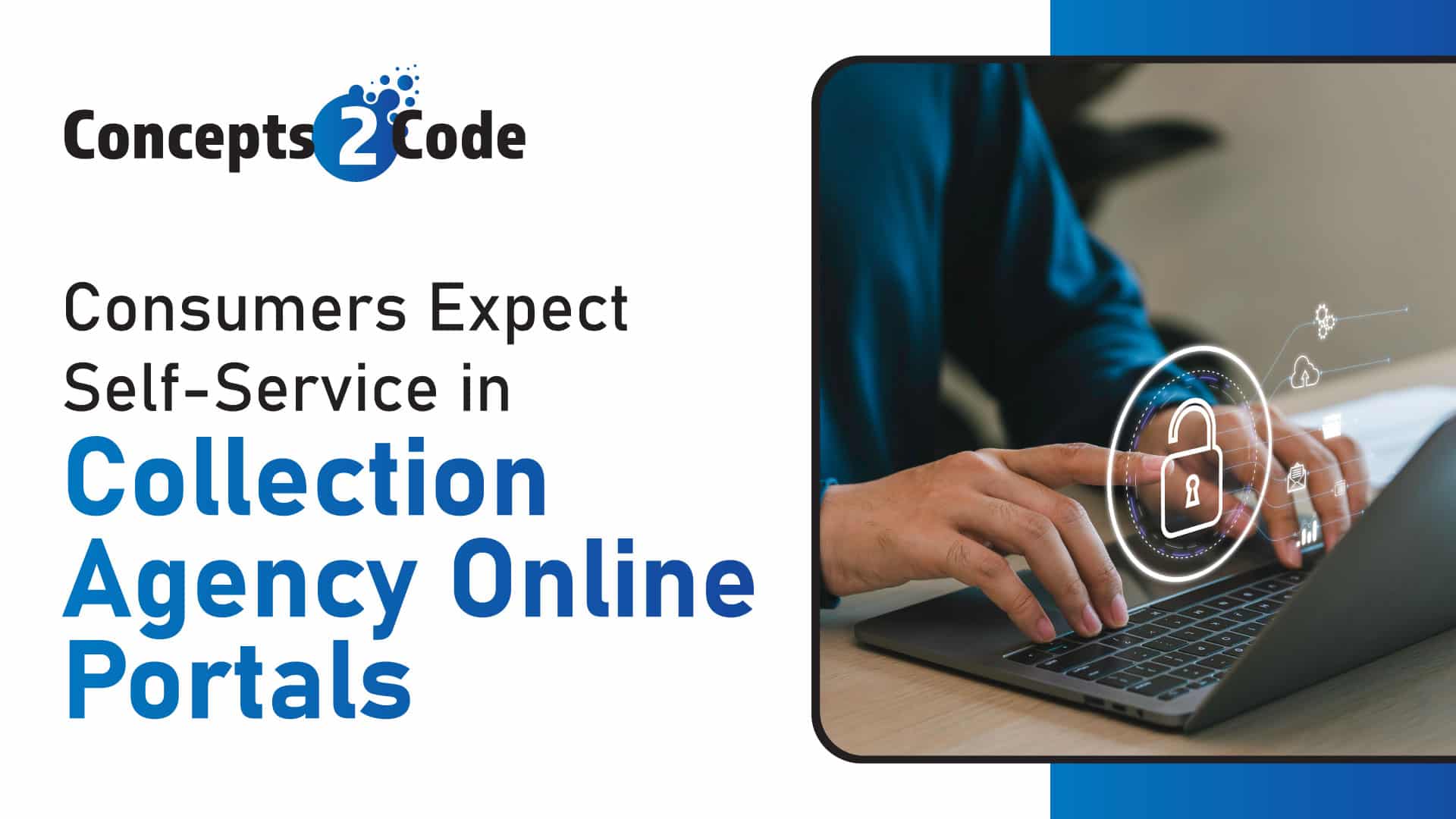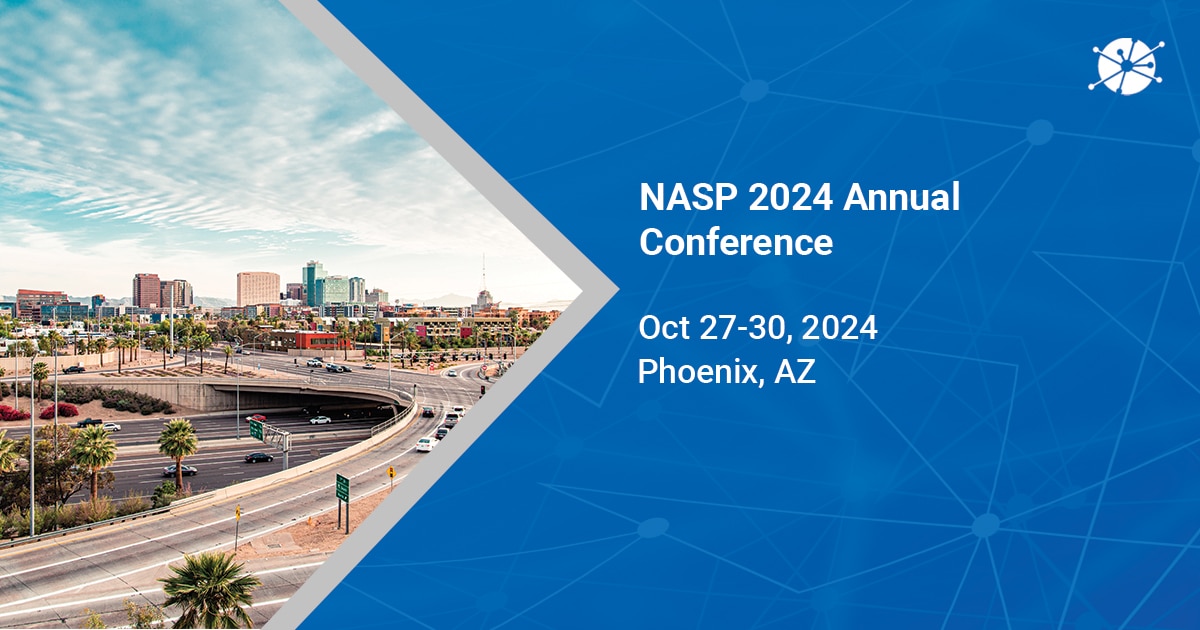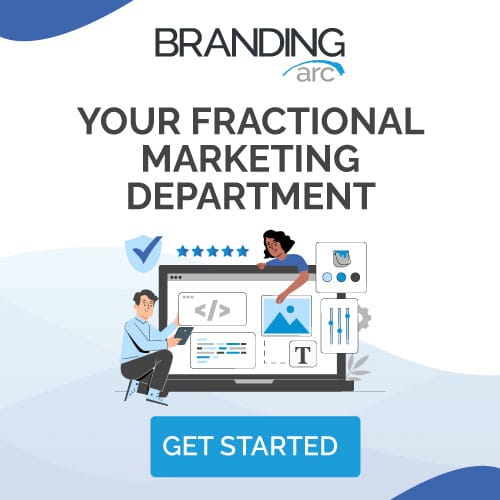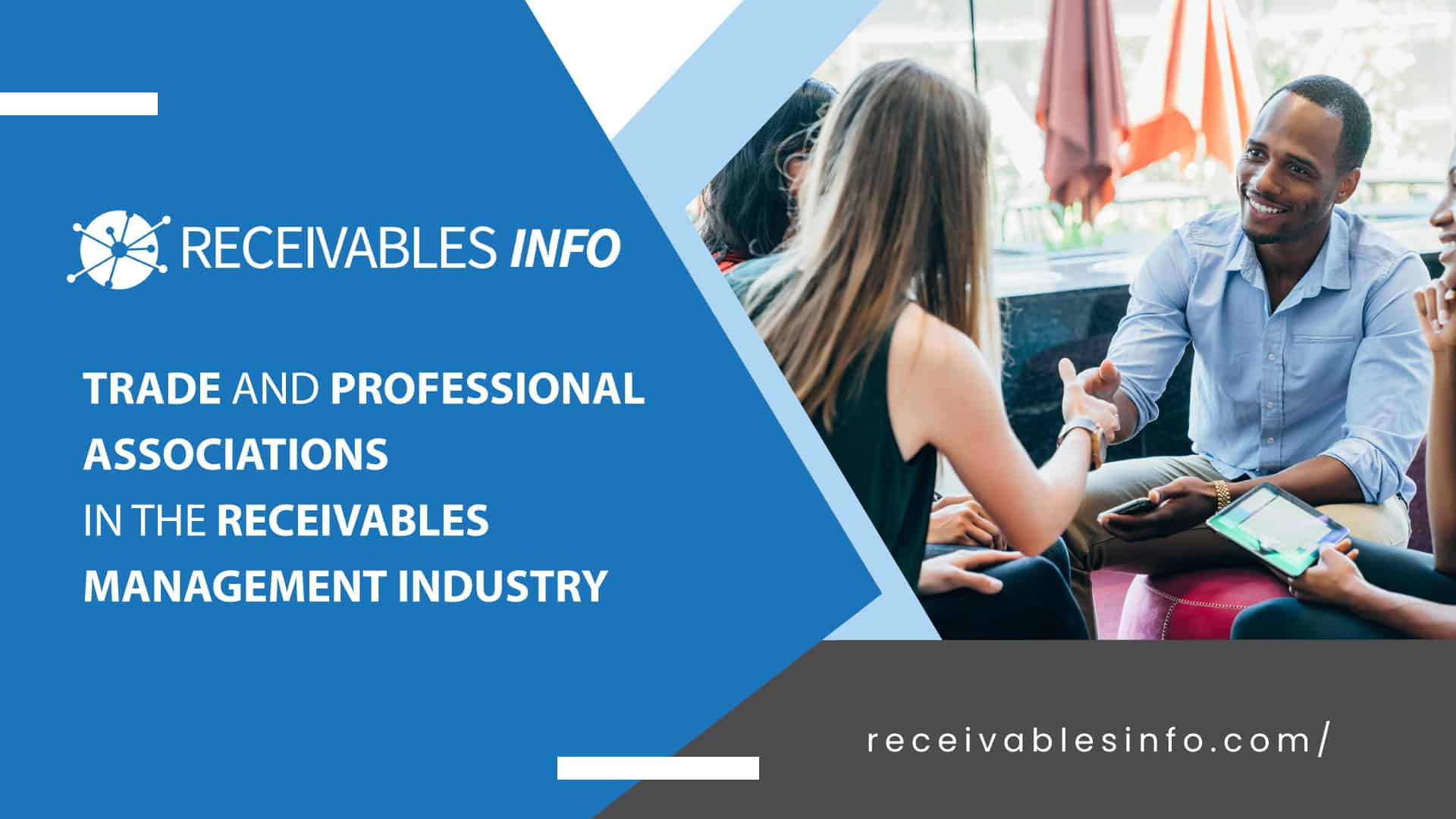
Trade Associations in the Receivables Management Industry
Many of the same principles of success and fulfillment in our personal lives can be directly translated into our professional lives; one principle specifically is that we need other people for friendship, support, and ongoing growth. Operating from a place of relational scarcity or isolation for an extended period of time doesn’t set us up for our best work or our best opportunities. Yet, so many of us are still rebuilding our personal and professional networks after Covid-related roadblocks and detours. With that considered and with remote work now the status quo for many of us, maybe this Spring is a good time for a “relational wellness check” for ourselves and our companies.
How is your professional network? Could this be an opportune time to plant some new seeds and invest in new relationships or build on existing ones? If you need a reminder for reasons to step out of your professional social comfort zone or you want to learn more about where to plug in and get involved in the industry, this article is for you. If you’re not in a position to make decisions about membership, attendance, etc., we suggest advocating for your professional needs by reviewing these resources and meeting with your leadership to determine what resources may be available to use. A simple first step toward getting more involved may also be to update your LinkedIn account and start following these resources and making connections online.
Advocacy for the Industry
One key reason your involvement with industry associations can make a difference and have a direct impact on your career is advocacy. Staying current and connected with what’s happening from a legislative and regulatory standpoint in your region and on a national level can be important to the health of your company and the industry at large. Working together as allies is necessary to provide a voice and achieve representation and education in those areas.
Trade associations work with federal, state, and local legislators and regulators to educate them on the industry and the unintended consequences of potential laws and rulemaking. Should your local area or business need the support of some kind in this regard, being connected is vital to success. Supporting the associations that are sending these advocates is also vital to the success of our industry as a whole, and therefore to each particular business or career position within the industry.
Networking for Relationships & Inspiration
Many of us recognize that networking can be a boon to us professionally, yet we may not always have the motivation, means, or comfort level to get started. To this end, leadership coach Tom Henschel shares some helpful insight and practical advice about how to grow your professional network in an episode of the podcast, Coaching for Leaders with Dave Stachowiak. Perhaps the most important thing to remember is that the end goal of networking should be relationships. While the byproducts of solid networks might sometimes be sales, strong partnerships or a new position, the foundation should be authentic relationships. With those in place, you’ll be much better prepared when the need arises—whatever the need may be. As the saying goes, what goes around comes around.
Professional and trade associations are an ideal place to start building professional connections and finding professional support as well as offering it to others. These associations also promote the growth of knowledge and standards of best practice. They help to “raise the bar” industry-wide as peers collaborate to review best practices, share learning experiences, and develop training and certification programs. Many people find involvement in such forward progress to be intrinsically motivating, with time invested in collaborating with association peers returned as inspiration for improvement and a stronger sense of professional vision and direction. These can also be great avenues to find professional mentors. With that in mind, some of the primary associations to get connected professionally in the ARM industry include RMAI, ACA, and NCBA.
About RMAI
The Receivables Management Association International (RMAI) is the nonprofit trade association that represents more than 550 companies that support the purchase, sale, and collection of performing and nonperforming receivables on the secondary market. RMAI member companies work in a variety of financial services fields, including debt buying, collection agencies, law firms, originating creditors, and industry-related product and service providers. The association provides educational and networking opportunities at major forums, events and conferences, represents the membership before federal and state policymakers, and supports the industry where appropriate in appellate cases.
RMAI’s Receivables Management Certification Program and its Code of Ethics set the global standard within the receivables industry due to its rigorous uniform industry standards of best practice which focus on the protection of the consumer. If your organization is a member, many of these resources may be available to you. We suggest reviewing the website’s resources and checking with your leadership team to find out what RMAI resources you may be able to utilize for professional development and networking from your own desk.
About ACA
ACA brings together third-party collection agencies, law firms, asset buying companies, creditors, and vendor affiliates, representing more than 230,000 industry employees. ACA establishes ethical standards, produces a wide variety of products, services, and publications, and articulates the value of the accounts receivable management industry to businesses, policymakers, and consumers.
Conferences, webinars, and podcasts are offered regularly for professional growth and networking, and courses are available for various professional designation options. If your organization is a member, many of these resources may be available to you. Again, we suggest reviewing the website’s resources and checking with your leadership team to find out what ACA resources you may be able to utilize for professional development and networking from your own desk.
About NCBA
The National Creditors Bar Association (NCBA) is a trade association dedicated to creditors rights attorneys. NCBA supports, promotes, and protects the practice of creditors rights law while ensuring fair treatment for all. NCBA law firms are required to adhere to the National Creditors Bar Association Code of Conduct.
NCBA offers webinars as well as regular conferences and events for networking and educational opportunities. The NCBA calendar of events provides details and the News blog provides more information about the organization and its happenings.
About Receivables Info
The Receivables Info team is led by receivables management industry veterans who wanted to create a website for the industry, by the industry. Their goal is to provide a voice to high-quality debt buyers, collection agencies, law firms, and industry veterans to share information about their businesses and their place within the marketplace and the community. The website provides relevant news alerts, articles, videos, and other receivables-related information to industry partners and colleagues around the industry and the globe. Receivables Info is also home to financial education resources for consumers through series like Money Chat.
Industry professionals looking to get more involved in understanding the industry and making connections can get involved for free by following the Receivables Roundtable and Receivables 101 series. Visit our website to subscribe to the weekly newsletter and view upcoming industry events, and follow Receivables Info on LinkedIn or Facebook. We provide straightforward, need-to-know information in one simple location.
The information contained in this article is meant to serve as general guidance for entry-level to mid-level ARM industry professionals and is not meant to serve as comprehensive business, legal, or financial advice.
